Welcome to Our Research Archive
Search and filter by content type, issue area, author, and keyword
- ✕ Clear Filter
- AI (1)
- Article (4)
- Articles (973)
- book (1)
- Climate (239)
- climate change (1)
- data dashboard (14)
- electricity (3)
- energy (243)
- Events (25)
- op-ed (2)
- Podcast (3)
- Post (2)
- Puerto Rico (1)
- Report (2)
- Reports (16)
- science (80)
- science funding (10)
- science trust (10)
- technology (537)
- testimony (1)
- Working paper (1)
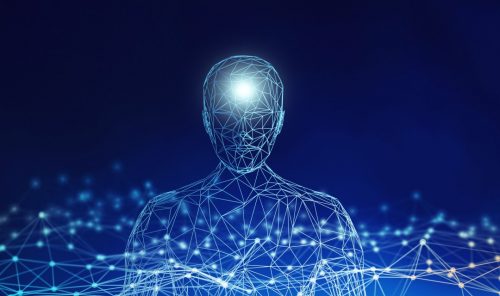
October 29, 2025
Will AI Agents Make The Perfect Contract?
At the Roots of Progress Conference earlier this month, Tyler Cowen interviewed OpenAI CEO Sam Altman, who at one point wondered about the world that was to come with AI agents. In the not too distant future, he imagined that AI agents would be involved in every aspect of business and would even negotiate with…

October 29, 2025
Apple’s Removal of ICE-Location Apps: Examining First Amendment Issues
Apple recently banned crowd-sourced applications from its App Store, including ICEBlock, that let users post nearby sightings and locations of US Immigration and Customs Enforcement (ICE) agents. Debuting in April, ICEBlock rose “to the top of the Apple App Store” by early July. Relying on anonymously uploaded sightings, ICEBlock alerts other users “about ICE presence…
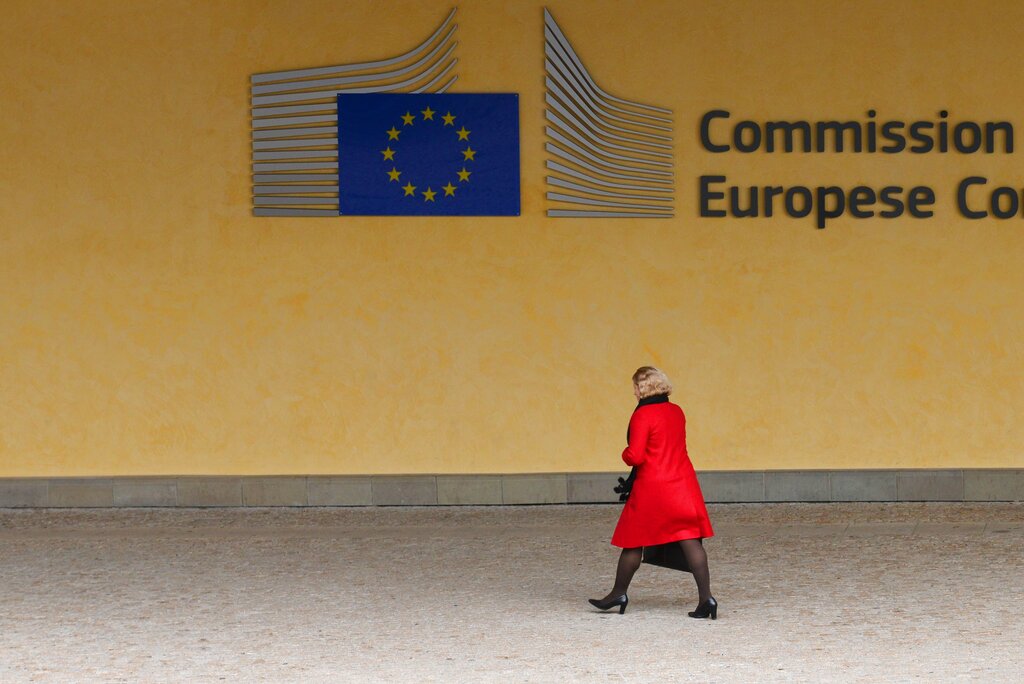
October 27, 2025
Europe’s Tech Strategy: Regulate the Leaders, Then Blame the Lag
As my AEI colleague Shane Tews recently noted, the global leaderboard in technology tells a clear story: Innovation thrives in the United States, not Europe. Twenty of the world’s 25 most valuable companies are American, a testament to the strength of US capital markets, entrepreneurial culture, and regulatory flexibility. Europe, in contrast, is nearly absent…

October 24, 2025
We Need to Talk About Cloud Resilience
week’s major outage of Amazon Web Services’ cloud operation once again highlights the vulnerability of the world’s commercial, government, and social interactions due to a reliance on a handful of providers. The outage—which took several hours to resolve—impacted applications across a wide spectrum: social media, gaming, food delivery, streaming, financial and health services, and transport,…

October 22, 2025
Fear of Speaking Out Online: Data and Contentions About Self-Censorship
In the First Amendment’s lexicon, self-censorship and chilling effect are close companions. They’re like road-trip buddies, calling society’s attention to the dangers of preemptive, self-imposed—not government-mandated—silence while traveling down today’s bumpy, how-dare-you-say-that road of expression. The mere possibility of speech producing myriad negative consequences—legal sanctions, job loss, social ostracization, or violence—may chill (deter and discourage)…

October 21, 2025
Procedural Rituals Over Governance Results
At the Roots of Progress Conference this weekend, Jen Pahlka, who was formerly the United States Deputy Chief Technology Officer under President Obama, related a harrowing experience she had. While she was walking around her home, she was confronted with a home invader. Though he wasn’t violent, she immediately dialed the Oakland Police Department (OPD)….

October 20, 2025
Innovative Methods To Detect Illicit Activity Involving Digital Assets
Last week, the Treasury Department finished receiving responses to a request for comments on “Innovative Methods To Detect Illicit Activity Involving Digital Assets.” It turns out I have such a thing in mind. It’s just a matter of weeks before the law enforcement dynamics around digital assets—and in general—change completely. I’m being wry. A few…
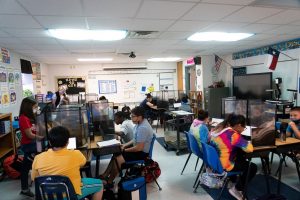
October 16, 2025
Carr Reins in FCC Overreach on School Wi-Fi
Federal Communications Commission (FCC) Chairman Brendan Carr has been in the news a lot lately. Under his energetic leadership, the agency has pursued an ambitious agenda at a breakneck pace. And while he has taken flak (including from me) for some of his high-profile controversies—perhaps most notably threatening Jimmy Kimmel like a second-rate Jersey mob…
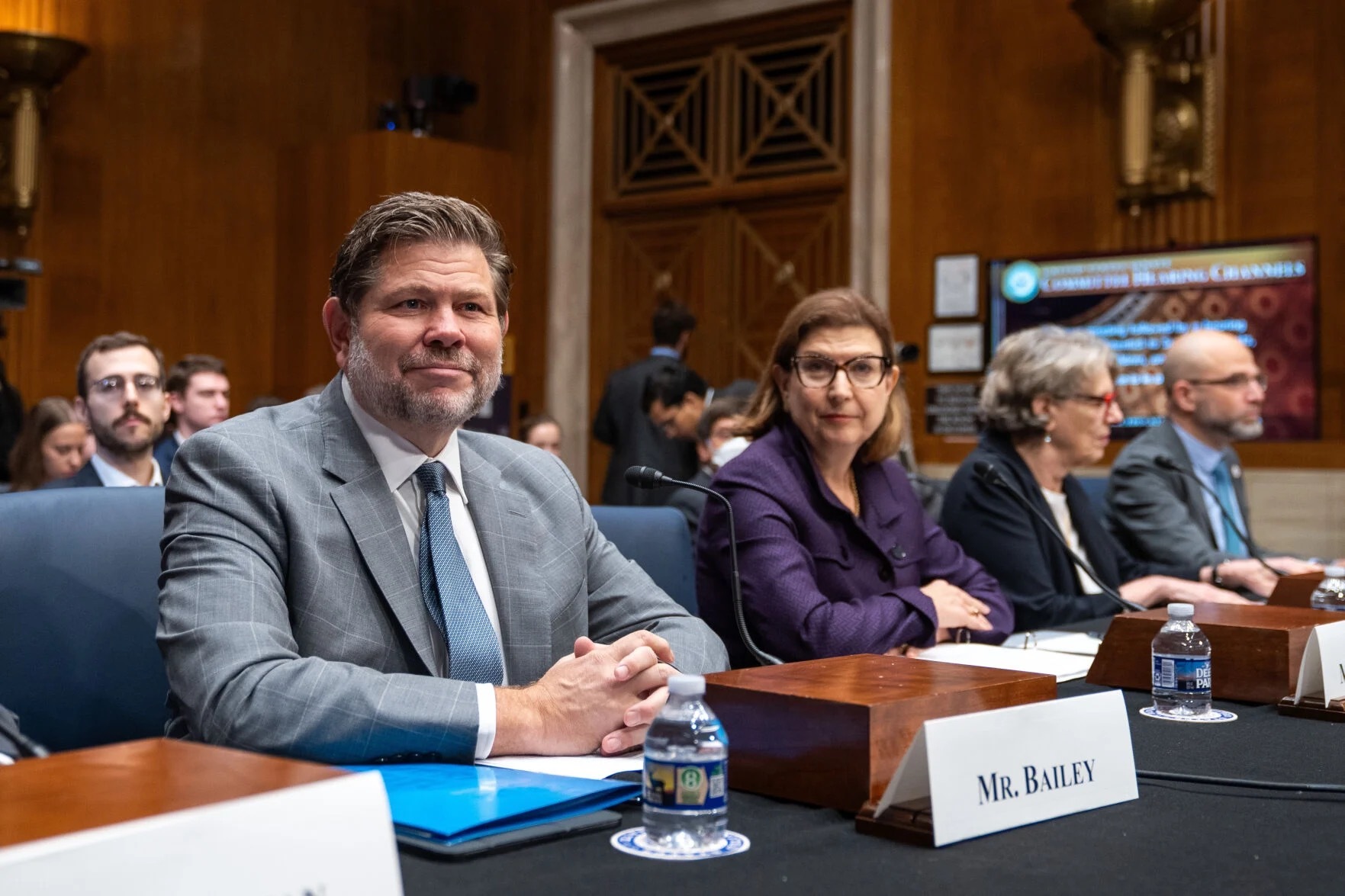
October 16, 2025
AI and the Future of Learning: Promise, Peril, and a Path Forward
As I testified before the Senate HELP Committee, AI is not just another wave of automation—it is a technology that democratizes expertise. Used responsibly, it can help teachers, clinicians, and families unlock human potential. But without clear safeguards, transparency, and alignment, it could just as easily erode trust, weaken critical thinking, and disrupt the connections…
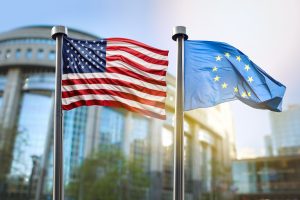
October 15, 2025
The US Cost of Europe’s Digital Markets Act
The global corporate leaderboard continues to showcase American innovation in tech. 80 percent of the world’s 25 largest companies are now based in the US, highlighting the strength of American innovation, capital, and scale. Europe, by contrast, barely appears—Dutch chip-equipment maker ASML is the only European company on the list, sitting at number 25. While…